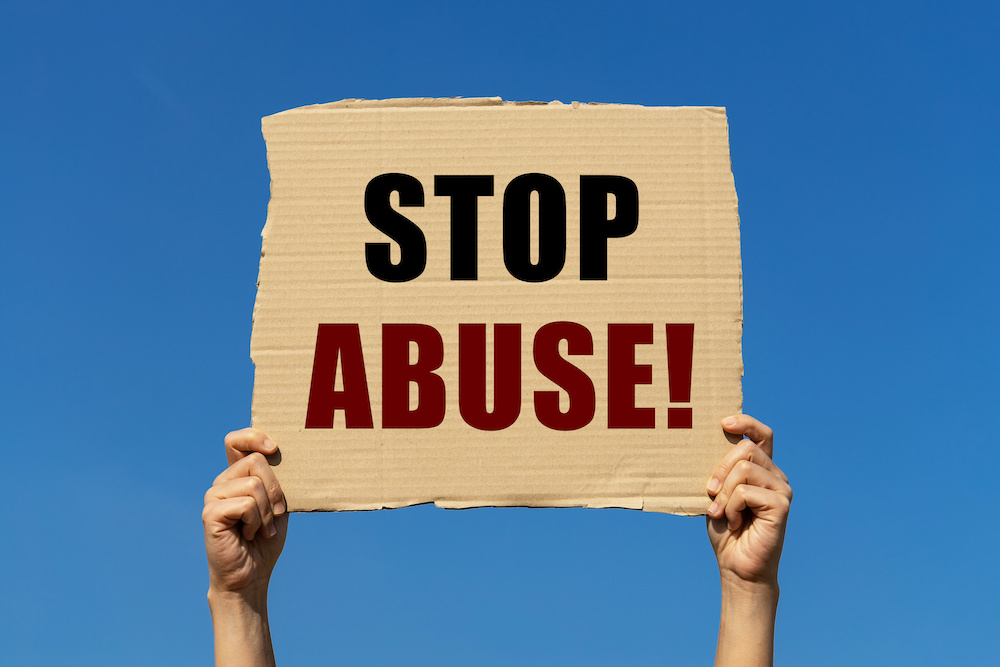The number of incidents of staff receiving abuse from patients or their relatives has risen in the last couple of years. According to a recent Pulse FOI request, this includes the number of crimes committed at GP practices that involve violence or harassment and the number of public order offences at GP practices.
Of course, there are countless instances of abuse that occur at GP practices up and down the country that go unreported. A GP partner colleague of mine told me recently that he’d paid for a security guard to be present in his practice’s reception for a time because his staff had stopped feeling like they were working in a safe environment.
This is the issue that Manchester Practice Manager and IGPM representative Mike Neville talks to me about in this month’s episode of the podcast. There were a number of serious incidents of abuse against GP practices that took place in Greater Manchester, and it became an issue that the whole area had to address.
The problem of abusive patients is particularly difficult for general practice because the whole practice model is based on long-term relationships with patients. ‘Family medicine’ is a term coined because practices treat whole families and, indeed, sometimes generations of patients. As a result, practices have built strong social connections with their patients and local communities. Practices don’t want to retreat into their shells, and put barriers up between themselves and their patients, because they don’t want to lose that sense of ‘family’ that characterises general practice.
But practices have to protect their staff. So, there’s a tension between the positive relationship that practices have with the majority of their patients, and the negative relationship they have with the few who cause a disproportionate amount of distress. What’s the best way to manage this tension?
This is one of the questions I asked Mike. He talked about the importance of a system-wide approach to tackling this. Incidents of this type don’t just occur in isolated practices. He describes a really important starting point as bringing the system together to discuss the issue and work out how to move forward.
One of the key actions in Greater Manchester was introducing a zero-tolerance approach. Zero tolerance is something that needs to be defined, as it’s something we can all interpret in our own way; but if there’s a consistency to what it means and how it’s applied across the system and across practices, then it will be much more effective. The result of this is that abuse isn’t allowed to become part of the norm, which is a real risk currently.
This consistency of approach, backed up by consistent system communications and a consistent tone, can make a real difference. Expectations are made clear. It can depersonalise issues and clarify how the system works across the board.
There are, of course, no easy answers, and it’s impossible to prepare for every eventuality. But what Mike stresses is that we need to be having more conversations about abuse, because it’s only by talking about it that we’re going to stop it becoming part of the job. We need to prevent it becoming part and parcel of everyday general practice.





0 Comments